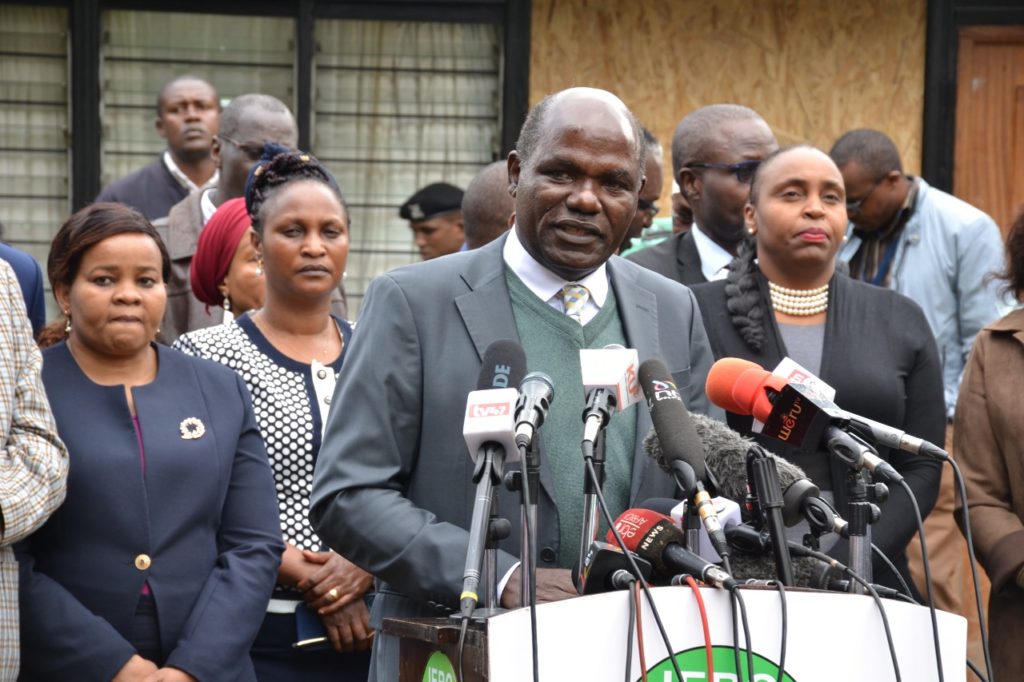This vulnerability of the Kenyan political process is perpetuated by the organization of political parties around ethnicity and personality rather than ideology, heightening perceptions of what is at stake. It has also perpetuated a seeming stasis of leading presidential candidates from election to election, handicapping prospects for more reformist candidates. That said, neither Ruto nor Odinga are Kikuyu, Kenya’s largest ethnic group, portending a shift in ethnic alliances, regardless of who emerges victorious.
Kenyan politics have also been buffeted by a rise in domestic disinformation campaigns in recent years. The most high-profile of these well-organized campaigns—aimed at the justices who struck down the disputed 2017 elections, the BBI, and the Pandora Papers exposé—seem intended to confuse citizens over what is true, thereby muting outrage and collective action.
This has impacted public trust in Kenyan political leaders. Along with the perceived elite domination of the political process and corruption, this has resulted in declining public enthusiasm for the elections. Kenya’s Independent Electoral and Boundaries Commission has struggled to increase voter registrations. Disinterest is particularly high among youth, who may not hold much hope for change regardless of which candidate wins. Given that 75 percent of Kenya’s 48 million people are under 35, this disconnect represents an important challenge facing all candidates.






